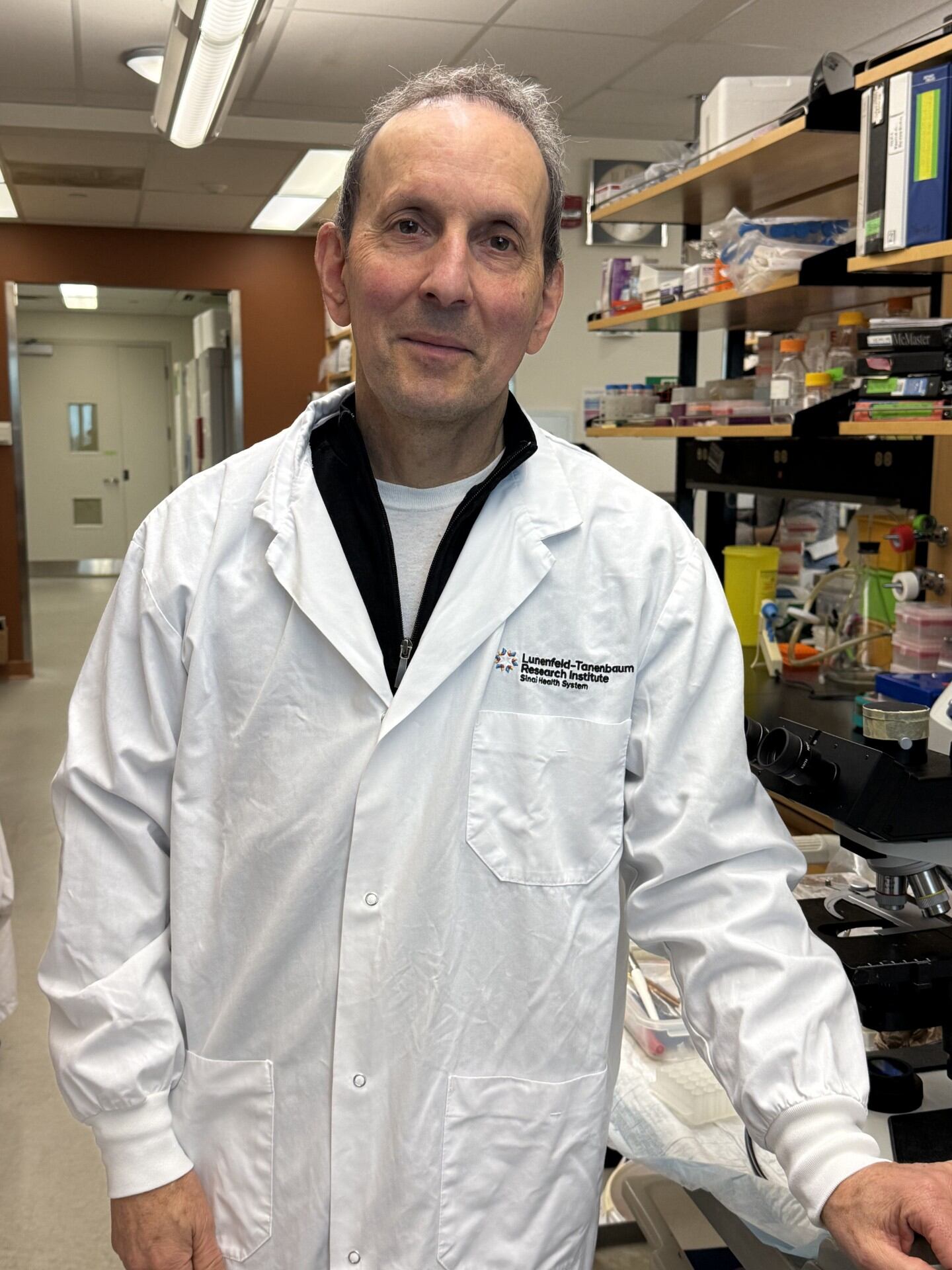In today’s world, we see the saying "the rich get thinner, the poor get fatter" becoming more relevant. The affluent enjoy greater access to various resources such as healthy food options, gym memberships, and weight loss drugs. This divide in lifestyles has intensified the issue of obesity inequality. Medications like Wegovy, which acts as a GLP-1 receptor agonist, prove effective yet come with a hefty price tag—costing around 370,000 won domestically for a month's dosage. Such expenses highlight the widening chasm between different economic strata.
During a recent interview with WEEKLY BIZ, Dr. Daniel Drucker, a distinguished professor at the University of Toronto known for his groundbreaking work on diabetes and obesity, remarked, "We now must think about how we disseminate obesity treatments."

◇ Effective Distribution Is Crucial Since Weight-Loss Drugs Can Help Save Lives
Isn't the focus of weight-loss medications simply on achieving conventional attractiveness?
Weight-loss drugs do more than aid in shedding pounds; they also combat serious health issues associated with obesity. This condition elevates risks for cardiovascular disorders, diabetes, and specific types of cancer. Such medications can stave off these illnesses and protect against severe consequences including strokes. Every tablet could potentially spare as many as 943,000 individuals annually.
If we produce more and lower the cost, wouldn’t everyone benefit regardless of income?
“The issue is that we still can’t supply enough of the drug. That’s why distribution must prioritize those who need it most. If the medication were widely available and affordable, it wouldn’t matter if young people used it for body image or other reasons.
Obesity drugs are created using a method known as 'solid-state peptide synthesis,' wherein amino acids are progressively linked to a solid base to form a peptide chain. Although maintaining quality standards is feasible in a laboratory environment, increasing production levels brings about various quality issues. Consequently, this hinders swift growth of supplies."
What strategies can be employed to lower the price of these drugs?
Currently, approximately ten pharmaceutical firms are working on oral forms of weight loss medication. Studies are being conducted to utilize small molecules that the body can easily absorb, which would make these treatments more cost-effective compared to injections. Such advancements have the potential to help millions, possibly even billions, of people. Additionally, since oral medicines do not necessitate refrigeration, they will be simpler to deliver to warmer areas such as those found in South America and Africa. Nonetheless, it might take some time before these novel drugs become widely accepted in today’s marketplace.
◇ South Korea Must Enhance Its Dedication to Fundamental Research
What does South Korea require to advance innovative treatments such as GLP-1-based medications?
“Basic science deserves more attention because it often leads to unexpected breakthroughs. GLP-1 drugs, for instance, have shown benefits beyond weight loss. Clinical trials now indicate they may help with arthritis, sleep apnea, and liver disease. I’m currently studying how these drugs reduce inflammation in the body.”
In South Korea, numerous top-performing students opt for studying medicine. What are your views on this trend?
“The fact that top talent gravitates toward medicine isn’t unique to Korea—it’s a global trend. In many countries, doctors earn significantly more than researchers. That’s why we need to ask: Are researchers being fairly compensated? Are students interested in becoming scientists?
There should be more financial resources allocated for independent research endeavors. In Canada, between 80% to 90% of grant proposals from the government receive denials—likely, the scenario in South Korea mirrors this trend. It begs the question: why would someone opt for a profession marked by perpetual rejection? To foster advancements in fundamental scientific studies, governmental bodies ought to revise their backing mechanisms for research initiatives.
Post a Comment for "Slim Gain, Heavy Loss: The Widening Gap in Obesity Drug Effectiveness"